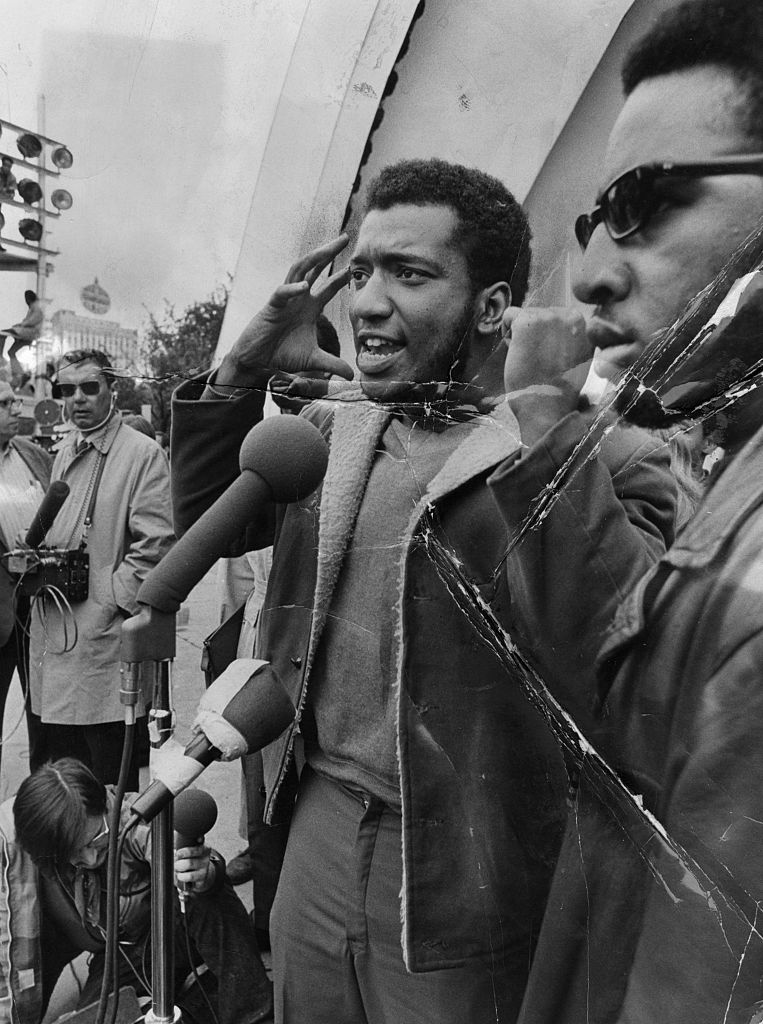What Were The Slave Narratives And Why Were They So Important

Source: Campwillowlake / Getty
“You have seen how a man was made a slave; you shall see how a slave was made a man” – Frederick Douglass.
“History” is an interesting word. Evolving from the ancient Greek “historia,” meaning to inquire into or knowledge acquired by investigation, when you say it aloud, it almost explains itself; “his-story.”
But what if telling “your story” meant persecution or even death? Would you still have the courage to tell it?
For enslaved Black Americans, telling their stories came with a risk of persecution or even death. Yet, many still did, leaving behind crucial records known as slave narratives.
According to Britannica, the slave narratives were accounts of the life, or a major portion of the life, of a fugitive or former slave, either written or orally related by the slave personally. These narratives comprised influential stories from American history that many folks would rather forget.
They helped paint pictures of defiance, survival, and truth that reshaped many Americans’ perceptions of slavery. They also influenced the minds of some of the most important Black writers in American Literature history.
From 1760 to the end of the Civil War in the US, around 100 autobiographies written by former or fugitive slaves began circulating in the country. When slavery was abolished in 1865, at least 50 ex-slaves wrote or dictated book-length accounts of their lives.
In the 1930s, when the Great Depression took hold, the WPA Federal Writers’ Project collected oral personal histories from 2,500 former slaves. This collection filled 40 volumes and would be known as the slave narratives.
During the rise of the abolition movement in the early 19th century, firsthand accounts that painted a picture of the harsh realities of slavery were needed to humanize Black Americans, who at the time were still seen as less human by a large swath of the American population because they were slaves.

Source: Kean Collection / Getty
Literacy was a dangerous skill to have if you were a slave because slave masters understood the power of a good story, especially when it revealed the harsh conditions of slave life. Slaves telling their own stories was empowering, which was the slave masters’ biggest fear.
The first slave narrative to become an international best-seller was the 1789 two-volume narrative called Interesting Narrative of the Life of Olaudah Equiano; or, Gustavus Vassa, the African, Written by Himself.
The narrative traces Equiano’s life from a boy in West Africa through the transatlantic middle passage to his eventual freedom and economic success as a British citizen.
In 1845, Frederick Douglass would release the Narrative of the Life of Frederick Douglass, An American Slave, Written by Himself. Douglass’ narrative was so influential it would be known as the epitome of the slave narrative. Douglass’ writing was masterful as he skillfully crafted his quest for freedom and pursuit of literacy in a compelling story that promoted intellectual freedom just as much as physical.
One of the other most influential slave narratives that changed the way Americans viewed slavery was The Incidents in the Life of a Slave Girl, written by Harriet Jacobs in 1861. Jacobs was the first Black female slave to author her own narrative. It depicted her resistance to her master’s sexual exploitation and her ultimate achievement of freedom for herself and her two children, according to Britannica.
Each one of these narratives helped play an important role in abolitionist propaganda and began to change the narrative of how Americans viewed slavery and Black Americans. These stories not only made other Americans see the human in Black people, but they began a long tradition of African American autobiographies that delve into what it’s like to be Black in America. From The Autobiography of Malcolm X (1965) to Toni Morrison’s Beloved (1987), these amazing works of American literature were directly inspired by slave narratives.
History is important and should be protected. But, with a MAGA country willing to delete the history that doesn’t suit their agenda, that history could disappear.
Let’s keep an eye on this space. The slave narratives are important enough for us to fight for them.
Click here to read the slave narratives.
SEE ALSO:
The Untold Story Of The Black Pilgrims Of Plymouth Colony
The Mysterious Story Of Tituba: A Black Slave Woman Who Sparked The Salem Witch Trials


Post a Comment
0 Comments